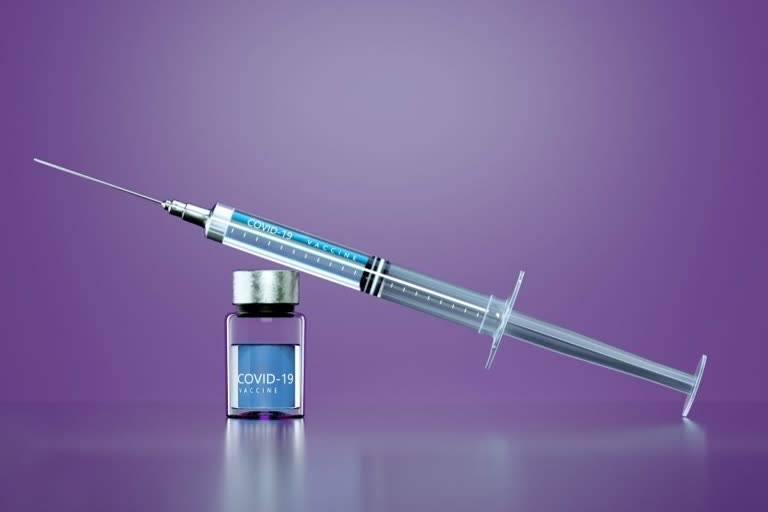The researchers at Washington University School of Medicine in the US assessed the antibody response to the Pfizer-BioNTech vaccine in detail in people. The findings, published in the journal Nature, suggest that declining antibody levels in the months after vaccination primarily represent a shift to a sustainable immune response. The researchers also noted that even quite low levels of antibodies would continue to provide some protection against disease, as long as the virus does not change.
"If the virus did not change, most people who got two doses of this vaccine would be in very good shape," said senior study author Ali Ellebedy, an associate professor at Washington University. "The antibody response we saw is exactly what we would expect from a robust immune response. We never thought that six months following that second injection, many people would still be actively improving the quality of their antibodies, Ellebedy said.
The researchers collected blood from 42 participants and lymph node samples from 15 participants before each person received their first dose of the Pfizer COVID-19 vaccine and at weeks three, four, five, seven, 15 and 29 afterward. They also obtained bone marrow samples from 11 participants 29 and 40 weeks after the first vaccine dose. Eight people provided all three kinds of samples, allowing the researchers to track the development of the antibody response over time within those individuals.
The researchers found that B cells, a family of immune cells that produce antibodies, targeted against SARS-CoV-2 persisted in the germinal centres of all participants for months. Even six months after vaccination, 10 out of 15 people still had B cells in their germinal centers - boot camps where B cells are trained to make ever-better-quality antibodies. The more time B cells spend in germinal centers, the more potent their antibodies get.
